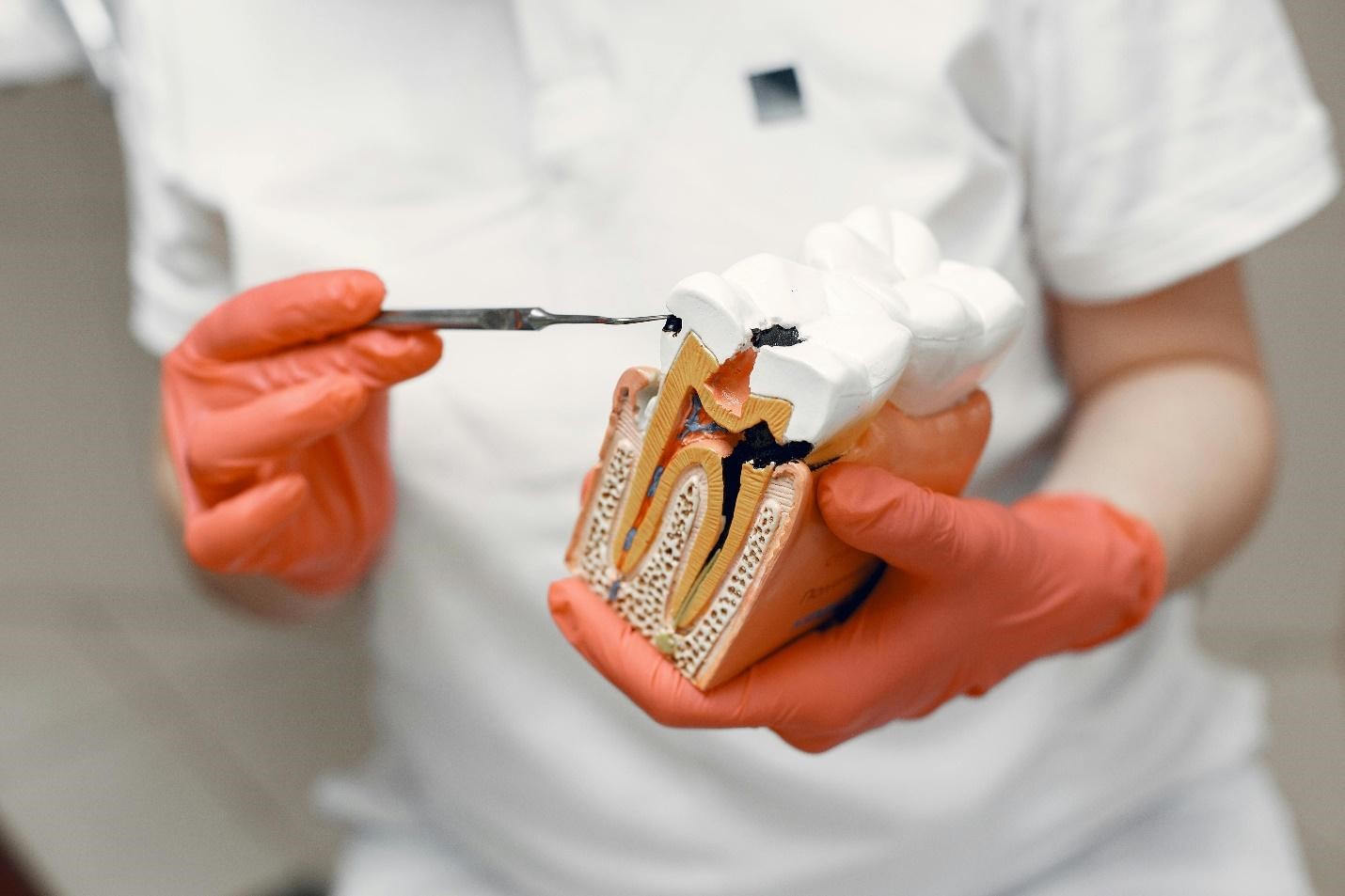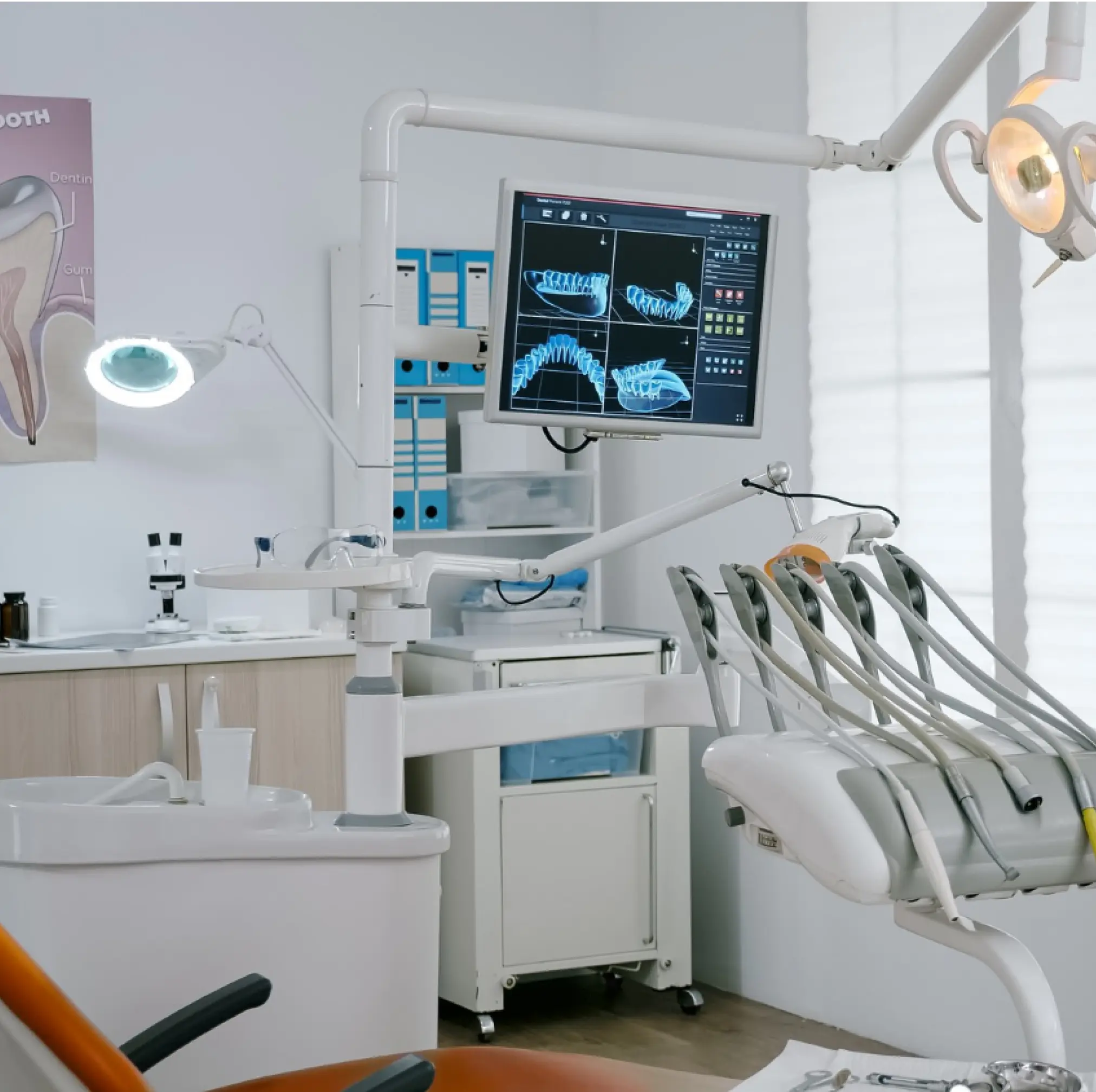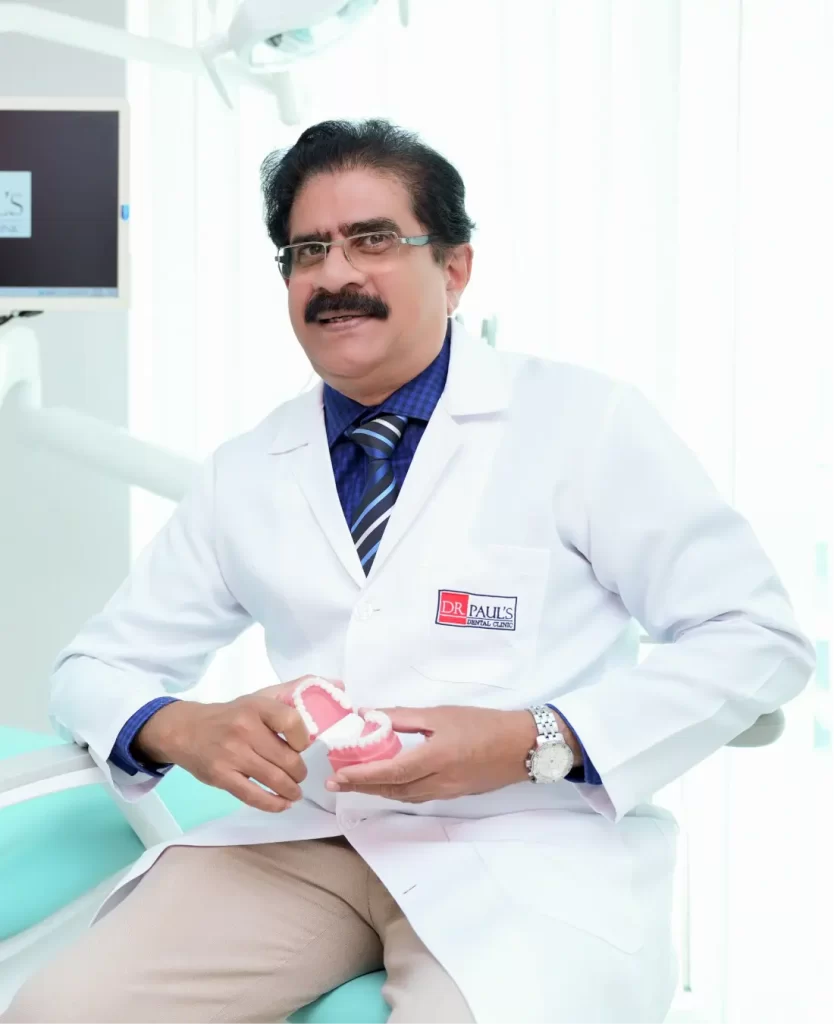Root Canals Made Simple : What to Expect and Why You Shouldn’t Worry
Root canal

It is not uncommon for someone to hear the words root canal and immediately begin to worry. While a root canal treatment might sound intimidating, it is a common dental procedure that can save your tooth and significantly improve your well-being.
The treatment often gets a bad reputation, but advancements in dentistry have made it more comfortable for the patient and way less stressful. In this blog, we’ll walk you through the root canal treatment process, all the benefits it can offer you, and why you don’t need to worry if you need to get the treatment done.
What Is a Root Canal?
So, let’s begin with a quick overview of what a root canal is. A root canal is a dental procedure that aims to treat the inside of a damaged or infected tooth. Your teeth have a soft center called the pulp, which contains blood vessels and nerves. If the pulp becomes infected or injured, it can cause pain and swelling. If it is not treated in time, the root can begin to rot, causing a spread of infection to other teeth. The rotten tooth itself would then need to be removed.
A root canal prevents the spread of infection and makes it so that you don’t have to lose your tooth. It does this by removing the damaged pulp and cleaning the inside of the tooth. After that, the tooth is sealed to avoid any further issues.
Why You Might Need a Root Canal Treatment
There are several reasons why you might need a root canal at some point in your life. A root canal treatment is necessary to save a tooth when the pulp becomes infected or inflamed. Some common reasons for infection or inflammation include:
- Deep cavities that eventually reach the pulp.
- Cracks or chips in the tooth that harbor bacteria.
- Any kind of trauma to the tooth.
Without root canal treatment, the infection can spread beyond the original tooth, causing pain, abscesses, and eventual tooth loss. By acting quickly and having the treatment, you can preserve your tooth and avoid other complications.
What Happens During a Root Canal?
So, what exactly happens during a root canal? Knowing what to expect during the procedure can help ease your fears and curb your dental anxiety. Here’s a step-by-step overview of the root canal procedure:
- A Physical Exam and X-rays: To start off, the dentist will take a look the tooth and take X-rays to assess the damage inside the tooth.
- Numbing the Area: Local anesthesia is used to numb the tooth, gums, and surrounding area. This ensures you don’t feel pain during the procedure.
- Removing the Pulp: The dentist will drill a small opening in the tooth and carefully remove the infected or damaged pulp.
- Cleaning: Next, the inside of the tooth is thoroughly cleaned and shaped in preparation for the filling.
- Sealing the Tooth: A temporary filling or crown is placed to protect the tooth until a permanent crown is ready and can be placed at a later time.
The entire process is usually completed in one or two visits, depending on your case.

Does A Root Canal Hurt?
You may be wondering, does a root canal hurt? One of the biggest misconceptions about root canals is that they are extremely painful procedures. The truth is that modern techniques and anesthesia make the procedure almost painless. In fact, the pain you’re experiencing from the infection is often much worse than the root canal itself. Most patients feel a sense of relief once the infected pulp is removed.
Before the procedure, you might feel momentary pain from local anesthesia injections. During the procedure, you will be numbed and only feel pressure, rather than pain. Finally, after the procedure, there might be some soreness, but it is easily manageable with over-the-counter painkillers. You should be pain free and good as new in just a few days!
The Benefits of a Root Canal Treatment
A root canal treatment offers many advantages that make it worth overcoming any dental fears or anxiety. Some of the benefits of the treatment are:
- Saving Your Tooth: The procedure allows you to keep your natural tooth instead of losing it.
- Restoring Full Function: Once treated, the tooth functions just like any other tooth and is completely pain-free.
- Preventing the Spread of Infection: By removing the infected pulp, you stop the infection from spreading to other teeth or, in extreme cases, to your jawbone.
How to Care for Your Tooth After a Root Canal
Taking care of your tooth after a root canal is crucial for long-term success. Right after the procedure, the tooth can be in a delicate state and need some extra care for a few days. Here are some tips for the weeks immediately after your root canal:
- Avoid Hard Foods: You should stick to soft foods until the permanent crown is placed, and avoid hard, sticky foods like candy.
- Maintain Good Oral Hygiene: Remember to brush and floss regularly to keep the area clean.
- Visit Your Dentist: Follow-up appointments ensure that your tooth heals properly and the permanent crown fits well.
When Should You See a Dentist?
So, do you think you might need a root canal treatment? It’s important to act quickly if you experience any of these symptoms:
- Severe toothache or sensitivity.
- Swelling around the tooth.
- Darkening of the tooth.
Ignoring these signs can worsen the problem, so don’t hesitate to visit your dentist and get timely treatment.
Conclusion
Root canal treatment is a simple and effective way to save your tooth and alleviate pain from an infection. Modern dentistry ensures the procedure is comfortable and stress-free. Don’t let fear stop you from getting the care you need!
At Dr. Paul’s Dental Clinic in Dubai, we specialize in gentle and effective root canal treatments. Our experienced team is here to answer your questions and make you feel at ease. Schedule your consultation today and take the first step toward a healthy smile.
Also Read : Learn more about the key reasons behind undergoing a root canal in our blog on Exploring the Reasons for Root Canal Treatment.
Book an Appointment With Your Doctor NOW!
Ready for a brighter smile? Schedule your appointment with Dr. Paul’s Dental Clinic today and experience exceptional dental care.



 Dr. Cheriachen Thoppil - Endodontist
Dr. Cheriachen Thoppil - Endodontist 

